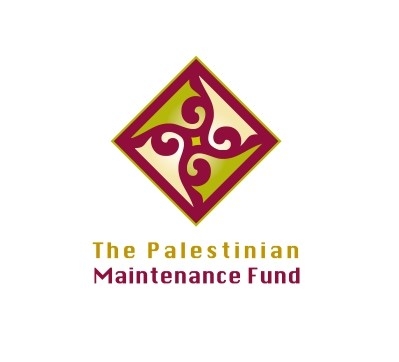“I am patient—and have been for a long time... but my children ask me why we don’t have a father like other families.”

Ahmed, a seven-year-old boy, dreams of buying a bulldozer when he grows up to crush his father’s head. Meanwhile, his mother wishes that her children never live through the same suffering she endured.
Kholoud, 29 years old, from a village north of Hebron, was married at fifteen and gave birth to her first child at sixteen. As she grew older, so did the weight of her responsibilities.
She and her children live in hardship and deprivation, haunted by fear of an uncertain and grim future.
Between tears, Kholoud shares her story:
“I lost my father when I was three. I always wear secondhand clothes. I have a complex—I don’t want my children to live what I lived. People tell them, ‘Your father abandoned you; you have no family.’ My daughters don’t even talk with the girls in their class. That’s why I want to transfer them to another school.”
About her husband, she reveals:
“I’ve been patient for a long time, but no one saw what I endured. I was afraid of him—he used to hit me. He even poured hot oil on me. My finger is still damaged to this day. The constant stress gave me kidney disease. He took my gold and tried to take the house my mother left me. May God forgive my uncle, he’s the reason. It got to the point that my husband married another woman in our home. I tried to talk to him—he has no sense of responsibility. I told him I’m ready for anything, just don’t marry another woman, but he refused.”
Regarding her income, Kholoud says:
“No one supports us. If his family had money, I wouldn’t have had to file for maintenance. I’m naturally content and grateful for anything. I’m from poverty—I wear and eat what people give me. My only income is from the Maintenance Fund, social services, and sometimes from kind people.”
About the absence of her husband, who lives in Jordan and married another woman, Kholoud tearfully says:
“My children have gotten used to it, but they ask me, ‘Why don’t we have a father like others?’ I feel my children are humiliated and incomplete. I feel they want something they don’t have.”
Again about her income:
“No one supports us. If his family had money, I wouldn’t have had to raise a maintenance claim. I’m content with whatever comes. I’m from poverty—I wear and eat from what people give me. My only income is from the Maintenance Fund, social services, and sometimes from kind-hearted people.”







